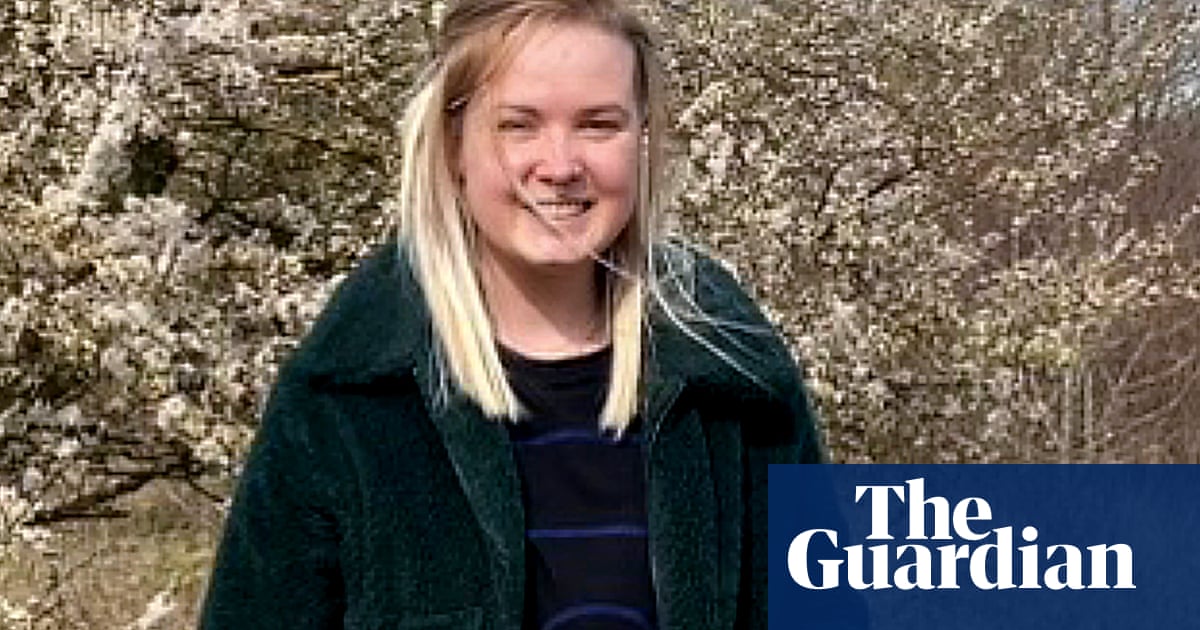
The family of a transgender woman who was found dead at her flat in Bristol have said at her inquest that she was passed from “pillar to post” in her efforts to seek help for her mental illness.
Alexandra Greenway’s relatives told the inquest the 23-year-old recruitment consultant did not receive the psychiatric support she required before her death on 11 May last year.
Avon coroner’s court heard that a month before she died, Greenway was detained by police in Bristol for her own safety after an apparent attempt to take her own life. She was sent in an ambulance to a secure unit 40 miles away because there was no space for her at a local hospital, but discharged within days.
A few weeks later, her partner, Duncan Shillan, a PhD student, found her unresponsive on the floor of the bathroom of the flat they shared in the early hours of the morning. Paramedics were called, but she could not be saved.
Speaking before a five-day hearing, Greenway’s family said she identified as a transgender woman. They said she had previously accessed gender-affirming treatment, including a surgical operation in 2017.
They said that in the weeks before her death she was distressed over issues including a desire for treatment to remove body hair.
Her family described Greenway as a sensitive and intelligent woman who was interested in human rights and studied clinical psychology at university. Giving evidence, her parents said they felt she had been passed from “pillar to post” as she sought help for her mental health issues.
Her mother, Jacqueline, said: “Being transgender means not everyone welcomes you with open arms.” She recalled one phone call not long before her death in which her daughter was in “floods of tears”. “She was distressed. She didn’t feel she was getting anywhere,” she said, adding that her daughter was on antidepressants but did not feel they were helping her.
“They made things worse, if anything. I got the sense she was reaching the end of her tether in not being able to get help. I really thought she needed to do something to force people to help her. I suggested she go to A&E and stay there until they do something.”
The inquest was told that on 10 April 2019 – almost exactly a month before her death – police were called to try to help her when she apparently tried to take her own life after leaving work at lunchtime. She told an officer that she had voices in her head that “never go away”. She informed another officer that she had suffered mental health problems for years, but this was the worst it had been.
Officers tried to call their own mental health triage team, but nobody was on duty. They decided to detain her under section 136 of the Mental Health Act, but there was no bed for her in Bristol and she had to be taken to a psychiatric hospital in Devizes, Wiltshire.
Experts from the Avon and Wiltshire mental health partnership NHS trust and a local GP are to be called to the inquest.
Her family hopes it will consider the adequacy of the mental health support prior to her death, the quality of risk assessment following section 136 detention, and discharge and the monitoring of the medication she was prescribed.
The inquest continues.












